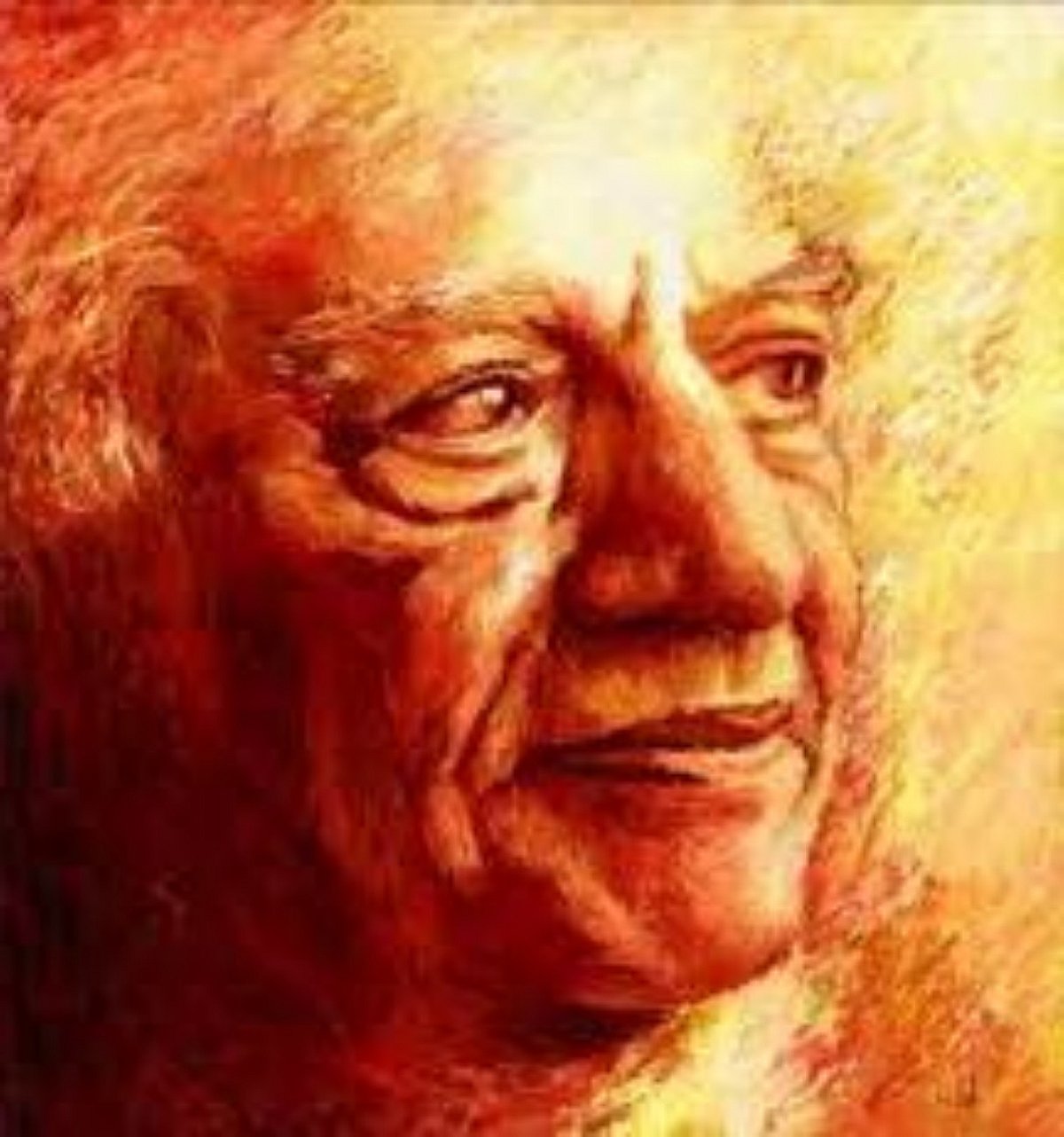Songs of dissent and protest are what keep hope alive; ‘Hum Dekhenge, Lazim hai ki hum bhi dekhenge....’
As long as human society lives, as long as hope remains in the human heart for better tomorrow, the songs of dissent, of freedom will continue to be written and sung. It’s futile to suppress them

The recent controversy over Faiz’s popular nazm ‘Hum Dekhenge has rekindled an interest in the poetry of revolution and dissent among the people across the country. Even forgotten songs of freedom and protest are being used by the youth of the country to put across their protest.
As far as Faiz’s poem is concerned, it seems history has a way of repeating itself in strangest of ways. In 1985 the oppressive regime of dictator Zia-ul-Haque banned Faiz Ahmed Faiz’s “Hum Dekhenge” in Pakistan for being anti-Islamic in Pakistan. Ironically, 35 years later the same revolutionary poem is being evaluated for being anti-Hindu or anti-India in Modi’s India! In recent times, the state’s curb on all such revolutionary voices and songs began in 2016 – with JNU Kanhaiya Kumar’s protest song “Aazaadi”, followed by the legendary Habib Jalib’s “Main Nahin Jaanta, Main Nahin Maanta” in the recent times—and the list goes endlessly. It’s interesting to know that Kanhaiya Kumar’s now-popular ‘Azaadi’ song was first written and ‘sung’ by feminist Kamla Bhasin demanding more freedom for women of the country. Later on the song came to include much more and by the time young Kanhaiya sang it, ‘Azaadi’ became an iconic song for the youth of this country demanding freedom of every kind in a democracy. But the myopic administration has the same refrain of hatred, dismissing all these revolutionary poems or songs calling them either rebellious or anti-national “Tukde-Tukde Gang’s” remarks.
This has further opened up a nation-wide debate on the validity of Faiz’s legendary poem and also of all such revolutionary songs or poems in general. The scrapping off of the Krishan Chander’s satire “Jamun Ka Ped” from the school curriculum can be seen as a direct threat to our rich diversity and pluralistic cultural ethos. The state’s attempt to saffronise all values and communalise all issues is what we see today as a direct attack on the Constitution itself.

It’s a great feeling to know that India has a diverse and rich repertoire of revolutionary songs and poems since the inception of IPTA. Remember the Maatibaani songs of Bengal voicing the plight of the toiling peasantry, mass hunger, exploitation, famine… and death? Or the songs of the Salil Chowdhury’s ‘Calcutta Youth Choir’, that he formed with Satyajit Ray; the fiery songs of the Naxalite movement, mass youth uprising, the uproar of the 60s or the progressive songs of the Bangalore-based folk-rock band ‘Swarthma’ ‘Ei Bhoomi’, Pete Seegar’s ‘This Land is Your Land’, Indian Ocean’s ‘Ma Reva’; “Cheetu” or its Rahul Ram’s Narmada Bachao Andolan’s motivating songs, Rabbi Shergill’s ‘Bilqis’ or the Ambedakarite Movement songs of the ‘Relaa Collective’? Remember the JNU’S ‘Aazaadi’ protest-song of 2016 till date, Habib Jalib’s ‘Main Nahin Jaanta, Main Nahin Maanta”, Faiz’s ‘Bol, ki Lab Aazaad Hain Tere’ and many more, or the songs of balladeer Sambhaji Bhagat’s ‘The War Beat’ or Sofia Ashraf’s ‘Kodaikonal Won’t’ or ‘AkawuVimai’ and others? What’s dissent without a creative mouthpiece?

Songs of freedom and of protest are where the mind without fear can be heard. That fearlessness which can be felt in Bismil’s “Sarfaroshi ki Tamanna Ab Hamare Dil Mein Hai” and in Bhagat Singh’s verses. And thus, endlessly flows the heroic fervour of the revolutionary songs and lives forever in music among the masses.
Today no one is untouched by the songs of dissent of the IPTA. Carrying forward the revolutionary legacy of the IPTA, Kajal Ghosh along with some of his friends formed the ‘Parcham Squad’ in 1980 released over 40 revolutionary songs-’Aman Ke Hum Rakhwale’, ‘Halla Bol’, ‘Jal Rahi hai Zindagi’. Parcham’s album contains Bob Dylan’s ‘Blowing in the Wind’, Paul Robeson’s ‘Old Man River’, the Cuban revolutionary Jose Marti’s “Guantanamera”, Salil Chowdhury’s ‘Bhor Ke Raahi’, Shailendra’s revolutionary song ‘Tu Zinda Hai…” Faiz’s ‘Darbare Watan Mein’ and many more such beautiful songs of dissent portraying the longing for a better and happier tomorrow.
As long as human society lives, as long as hope remains in the human heart for better tomorrow, the songs of dissent, of freedom and revolution, will continue to be written and sung and chanted. It’s futile to suppress them.
Follow us on: Facebook, Twitter, Google News, Instagram
Join our official telegram channel (@nationalherald) and stay updated with the latest headlines
